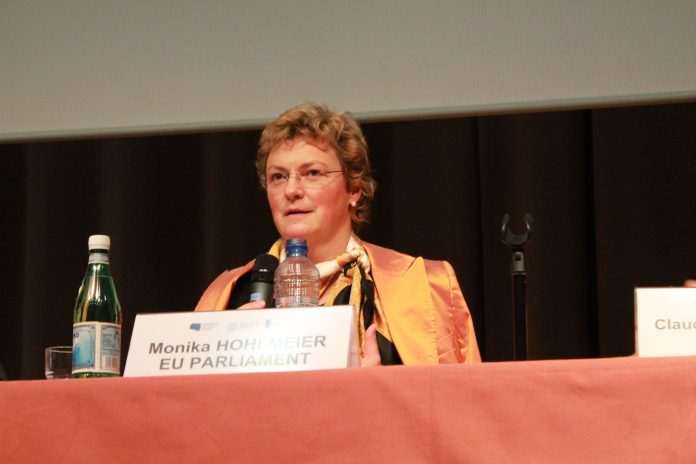The now-recognised conflict of interest of Czech Prime Minister Babiš needs to be resolved, and concerns on the rule of law breaches in Czechia addressed.
In a resolution adopted on Thursday with 505 votes in favour, 30 against and 155 abstentions, MEPs deplore the reported attempts in March 2020 by the Czech government to legalise Prime Minister Babiš’s conflicts of interest via ad hoc legislation. MEPs are also deeply concerned by the political pressure on independent Czech media as well as the country’s previous prosecutor-general. They consider that the Czech Government’s lack of action in tackling the Prime Minister’s conflict of interest “has a negative impact on the functioning of the Czech State authorities and on compliance with EU legislation”. Parliament calls on the Commission to assess this situation, “with a view to identifying breaches of rule of law and, if confirmed and on the grounds of its findings, activate in due time the conditionality mechanism for the protection of the Union’s budget”.
Conflict of interest in Czechia needs to be fully adressed
MEPs find it unacceptable that the Czech Prime Minister is still involved in Council negotiations on EU funding programmes, while continuing to receive EU agricultural payments via his Agrofert group companies. They insist that the conflict of interest situation needs to be fully addressed, either by ensuring Mr Babiš no longer has any economic interest in the Agrofert group, or by not giving EU funding to his businesses. Another option would be to ensure that he or other members of his government fully abstain from EU decision-making that might directly or indirectly concern the interests of the Agrofert group. They also stress that “it seems doubtful that such a measure could adequately address the conflict of interest in practice, if the persons in question continue to exercise their public functions, and that resigning from public duty therefore constitutes a more adequate means to fully address the conflict of interest”.
Czech citizens should not suffer from Babiš’s conflict of interest
MEPs condemn the practice of withdrawing EU funding from projects in order to finance them from the national budget once the Commission or EU auditors have detected irregularities. They also stress that “Czech citizens and taxpayers should not pay or suffer any consequences deriving from the conflict of interest of the Prime Minister Babiš” and demand that Agrofert group companies repay all subsidies unlawfully received from the EU or Czech national budgets.
Systemic weakness in EU reporting
The resolution criticises the lengthy EU audit process and calls for a revision of the rules to allow for more timely recovery of unduly paid EU funds. MEPs are also concerned by the weaknesses in EU reporting which make it difficult to identify who receives EU funds and therefore call for a standardised, publicly accessible and interoperable digital reporting and monitoring system.
“All of the evidence we have at hand indicates there are serious, systemic problems for Czechia that urgently need to be dealt with. We expect the Commission to take clear action, both to remedy the consequences of historical cases, and to prevent future Czech ministers or prime ministers from influencing the allocation of EU funds in favour of companies belonging to their family members or to themselves”, said rapporteur Monika Hohlmeier (EPP, DE).

